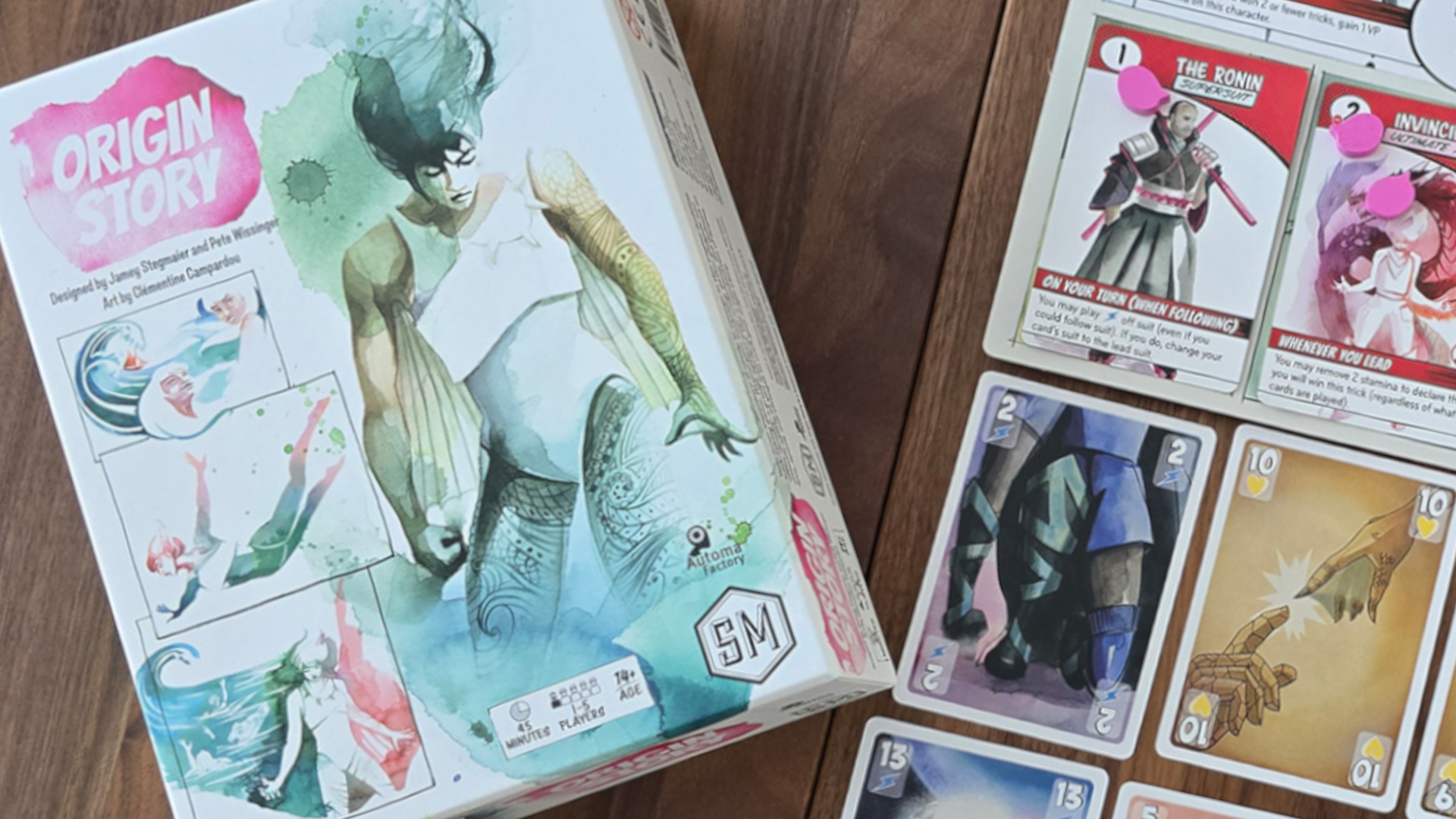After 2 hours with the Silent Hill 2 dev's slimy sci-fi beast, Cronos, I'm thrilled it has Dead Space DNA and the soul of Resident Evil: "This is more like a love letter to survival horror than to Poland"
Horror Special | Or, "How to spend two hours in Nowa Huta" – Cronos: The New Dawn is shaping up to be full of terrifying delights
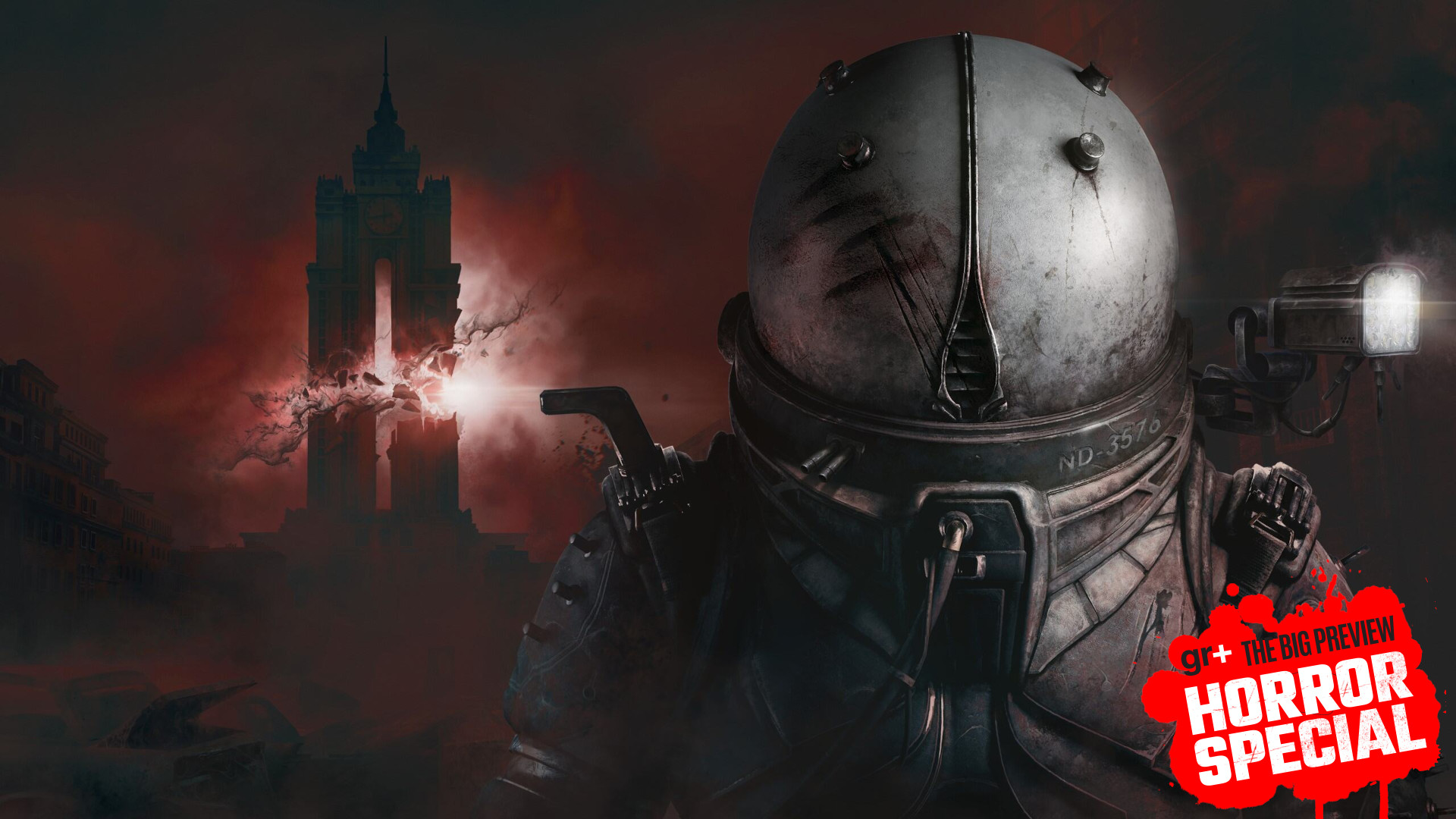
When the black cat shows up, I'm saved. A song lyric comes to mind: "No one's gonna take my soul away / I'm living like Jim Morrison." My two hours with Cronos: The New Dawn at a recent hands-on event in California make me feel precariously deathproof, and I'm impressed by how accurately the sci-fi survival horror game channels its obvious influences – Dead Space, Silent Hill, John Carpenter's The Thing – while finding new inspiration in decrepit, Polish apartments.
The kitty drops a helpful Shell Patch injector at my feet once I give its chin a good scratch, and now I can keep being unreasonably aggressive to the oily enemies in Krakow-based Bloober Team's first new game since it released the transformative Silent Hill 2 remake.
"A lot of stuff changed," Cronos co-director Jacek Zięba tells me about how Silent Hill 2 impacted Bloober. Now, there's "definitely" pressure in making sure Cronos meets the soaring expectations Konami's 2001 game set for the studio, which some hardcore horror fans discounted before actually playing the remake and deciding it was awesome.
"It's all new for us that we need to fight with everybody," Zięba continues, though "we always have our fans, and we love them. [...] It helps with this pressure."
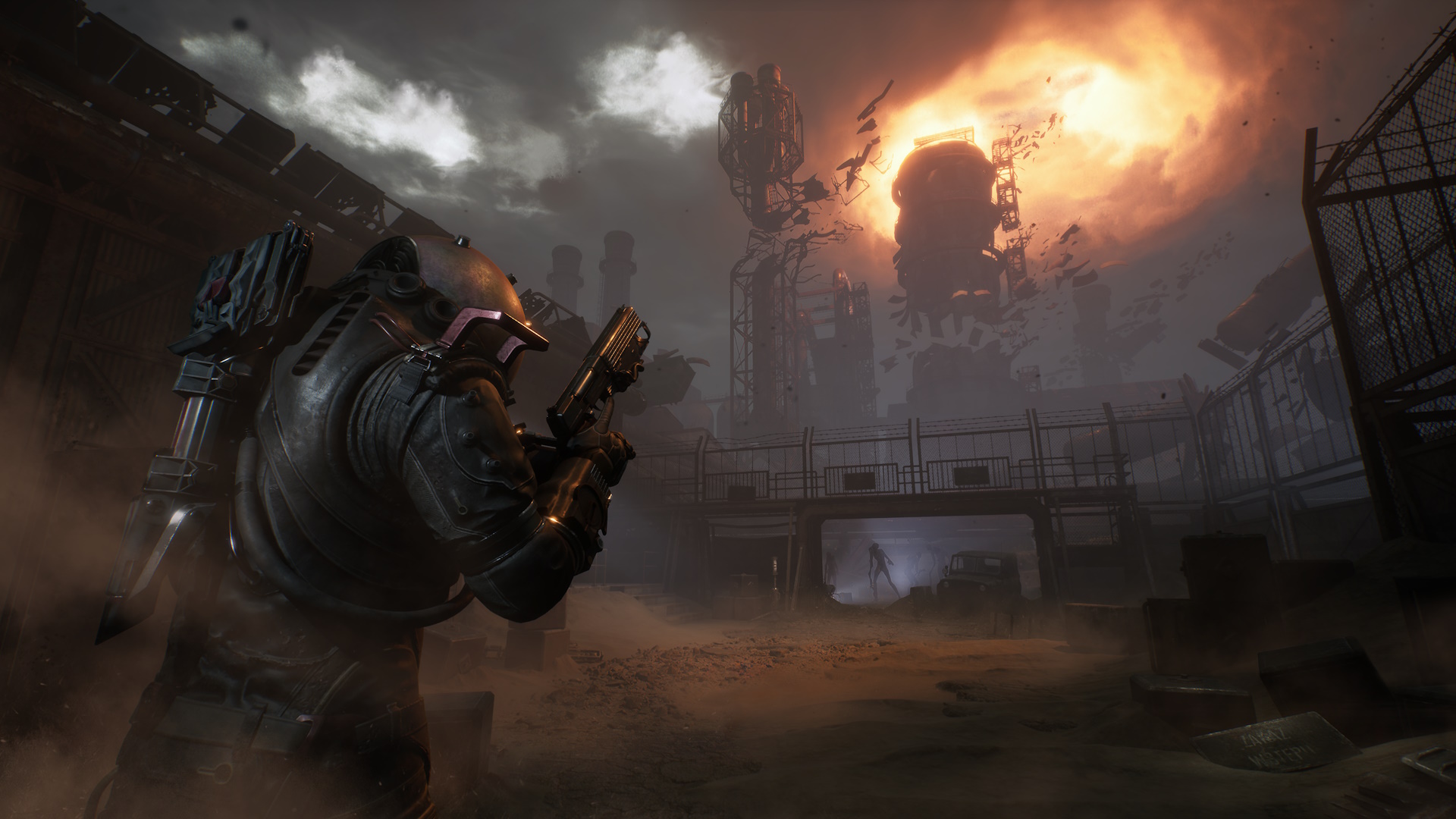
Bloober: Revelations
I can see how, even in subtle ways, Silent Hill has impacted Cronos, and I'm drawn to it. Bloober's previous games, like the Layers of Fear series, often relied on unsubtle horror cues to make up for their lack of physical action. The first Layers of Fear game, which elevated Bloober to cult status when it came out in 2016, for example, featured an artist canvas made of human leather, blood and bone dust for the paint, and strands of a child's hair for the paintbrush.
Yeah, so I call that all indisputable horror. It comes at the risk of destroying opportunities for the more gentle, contemplative fear that makes games like Fatal Frame, Dino Crisis, and, of course, Silent Hill 2 genre mainstays for decades past their launch dates.
In this sense, Cronos is surprising. Unlike Layers of Fear's haunted mansion packed to the ceiling with gore and demons, Cronos' vision of Soviet-era Poland is a placid river – it seems to cover the galaxy in gray, it's interminable.
Weekly digests, tales from the communities you love, and more
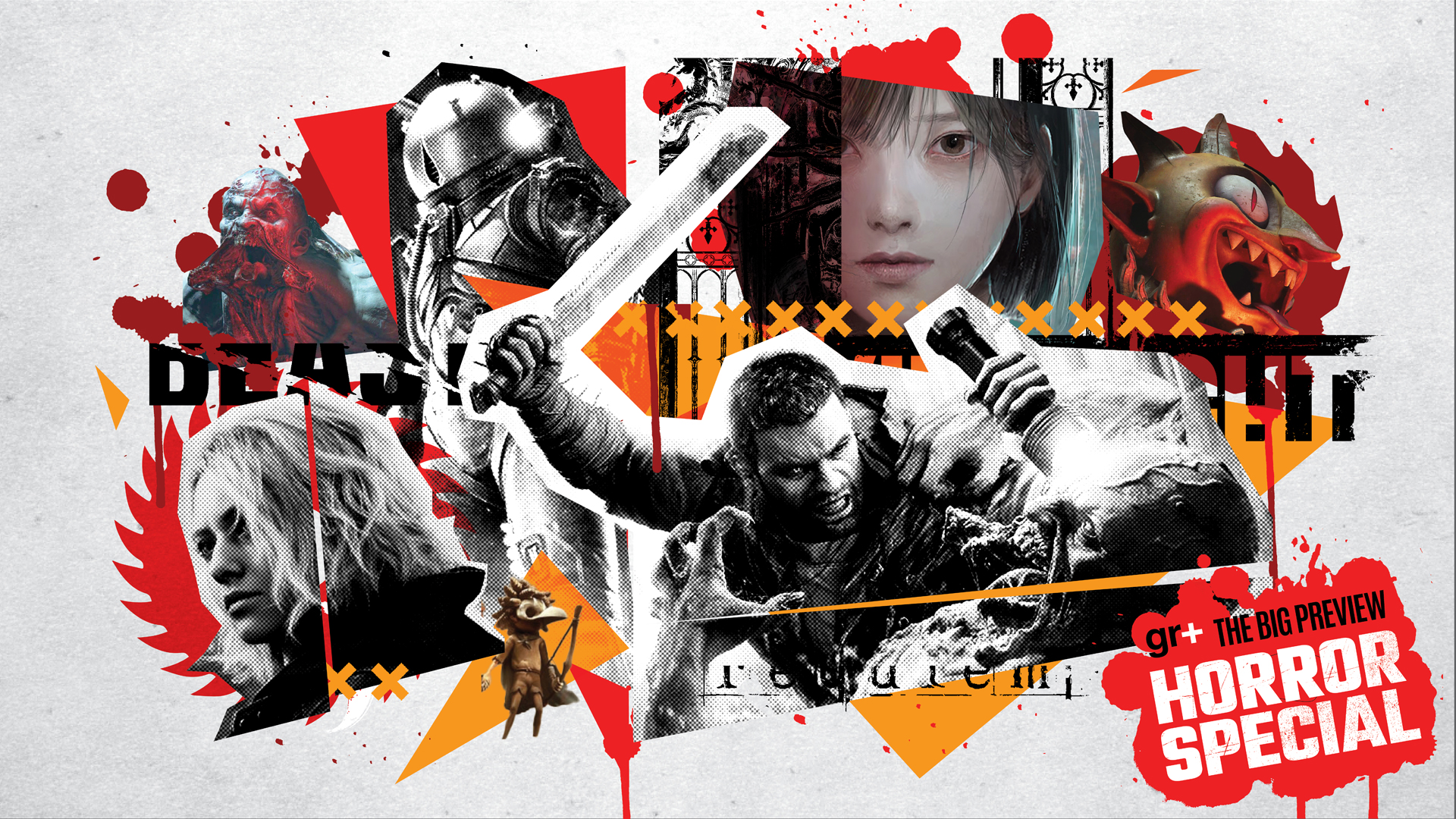
The Big Preview Horror Special hub has even more exclusive access to the biggest games in the genre on the horizon, and deep dives into iconic classics!
I find some aspects of its loneliness comforting; having grown up Bulgarian-Bengali, my childhood was full of stories of the komunisti that took my grandma's house with the flower garden, broke my great-grandfather's legs. But, a few years after they left, I was born, and so I came to associate fear with safety and family with the few things the Soviets left behind: white cotton crochet under the old TV monitor, see-through curtains patterned with roses on my grandma's balcony, where she dries links of beef and sausage.
I see these things in Cronos' interpretation of the real Nowa Huta district in Krakow – though they may be splintered, or topped with whipped cream piles of ash – shortly after I stumble out of a heavy metal ship as the Traveler, a grim woman whose full-body silver uniform makes her look like a bullet. I feel a spark of home. I felt the same way when I played Silent Hill 3 and got to go to the nightmare mall in a miniskirt after spending most of my life in the suburbs going to the mall in a miniskirt.
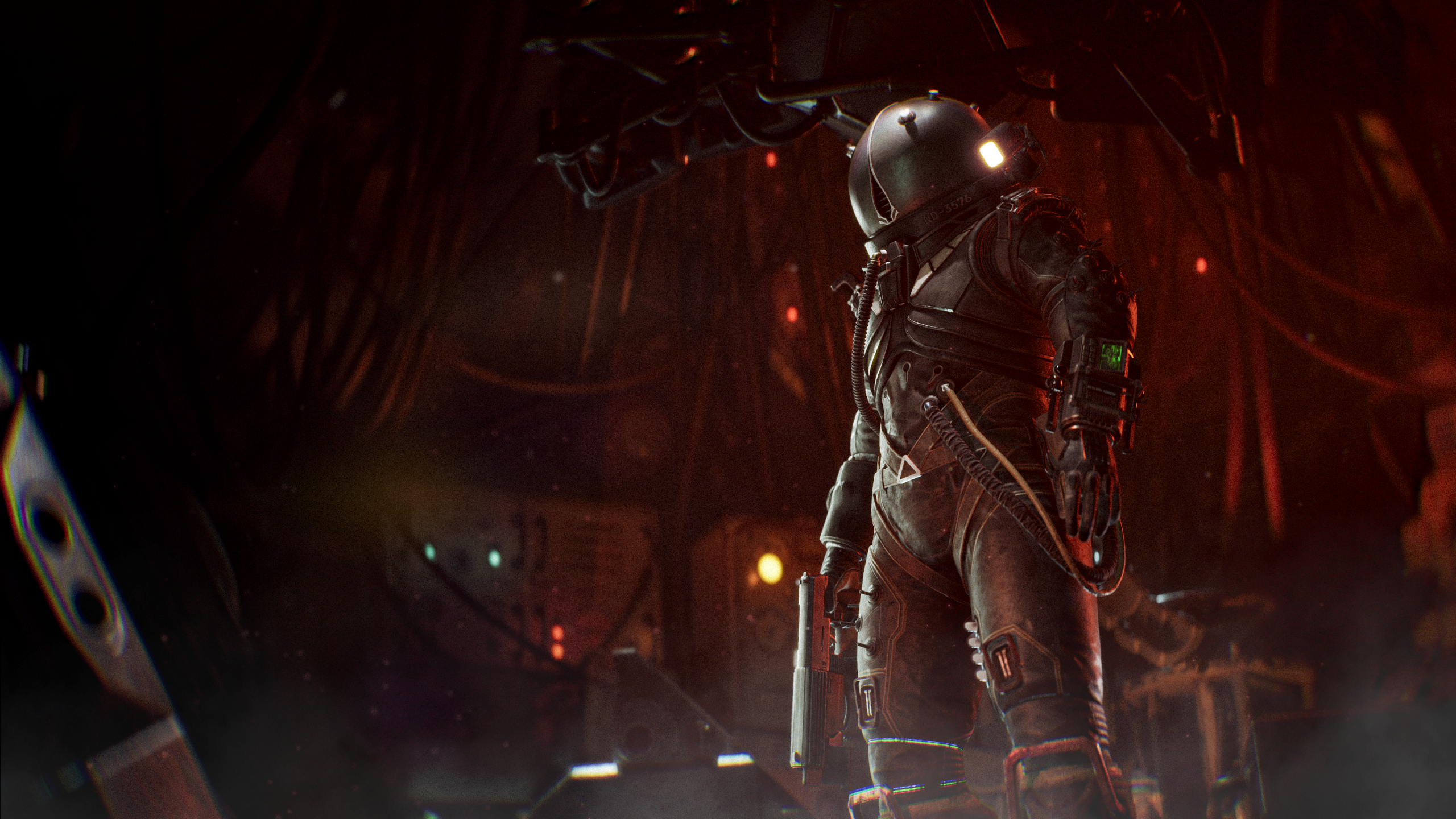
Brutalism
But Cronos doesn't necessarily use its Eastern European setting to emphasize its horror the way the Stalker games might, though Zięba concedes there's something oppressive about the region's "Brutalist architecture, this monumental stuff" – in the Soviet Union, oppression is "why they were built."
Still, talking to me in the middle of the Bay Area, Zięba emphasizes that "this is the horror for us. We've watched so many American horror movies. Some house with a fence, and nothing is there [...]. Having, like, [the] vibe of [Stephen] King."
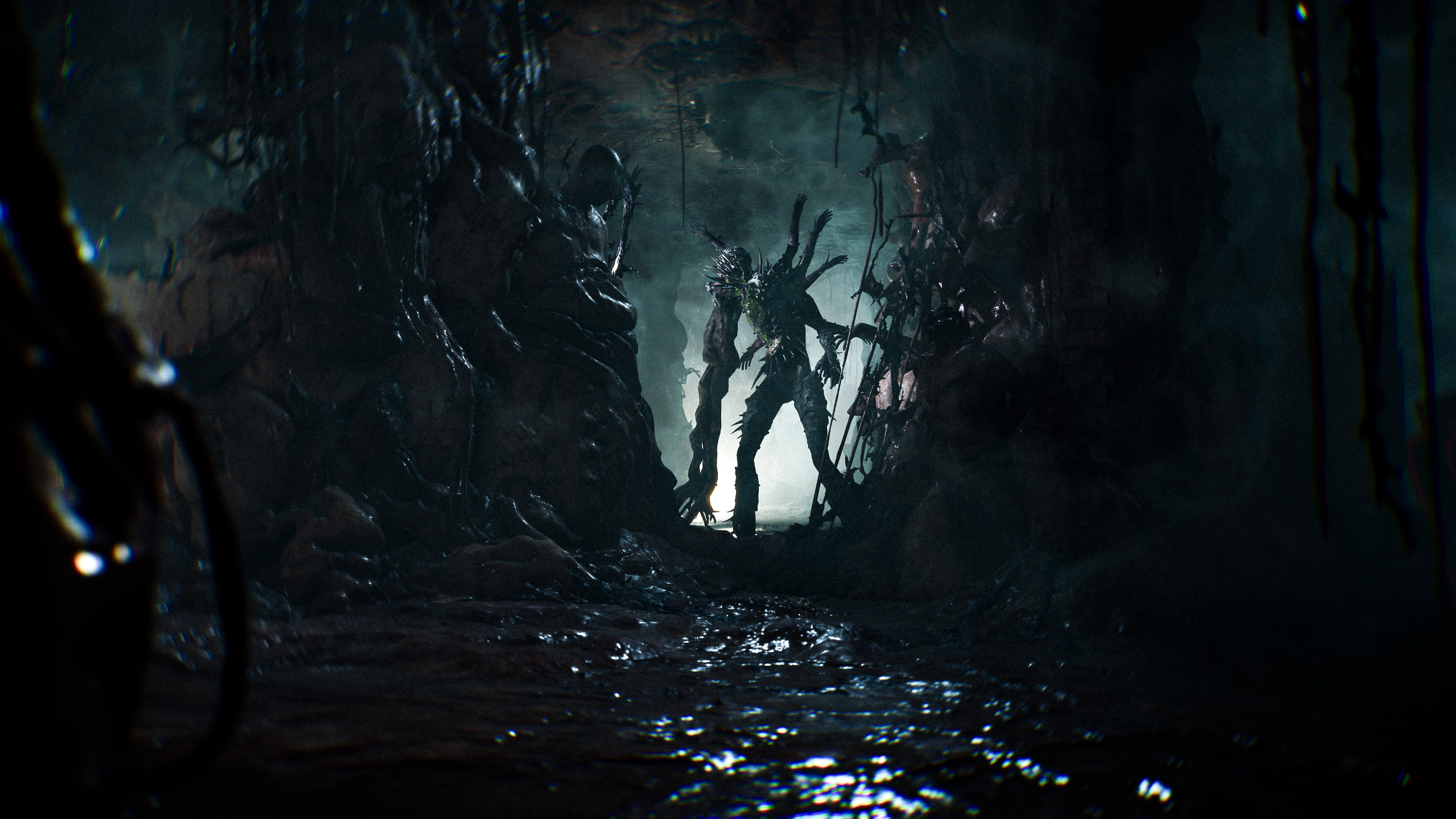
Not like Cronos: The New Dawn's Nowa Huta is much more chipper. I don't feel particularly at ease when I start embarking on the game's introductory mission, which takes around two hours – a petite chunk of Cronos' total 18-hour runtime. It's not like playing a Resident Evil game, where any scares are somewhat mollified by Leon Kennedy's perfect hair. That said, both Zięba and lead writer Grzegorz Like compare Cronos to Resident Evil, with the latter hoping to present a story that also contains considerable amounts of adventure and disease, but emotionally goes "deeper."
"Not to offend, of course," Like adds.
I wouldn't even know I was playing as a human being if it weren't for the garbled bits of dialogue that filter through the Traveler's completely opaque helmet, which forms a tight bubble around her head. Her matter-of-fact way of speaking and the fact that she's fully encased in metal worthy of a military tank makes the vent-like, small, slatted slit that looks like it was unzipped vertically from her mouth practically erotic. The only thing more cryptic than her is the strange Collective, her employer, that sent the Traveler here to retrieve her Predecessor: ND-3500.
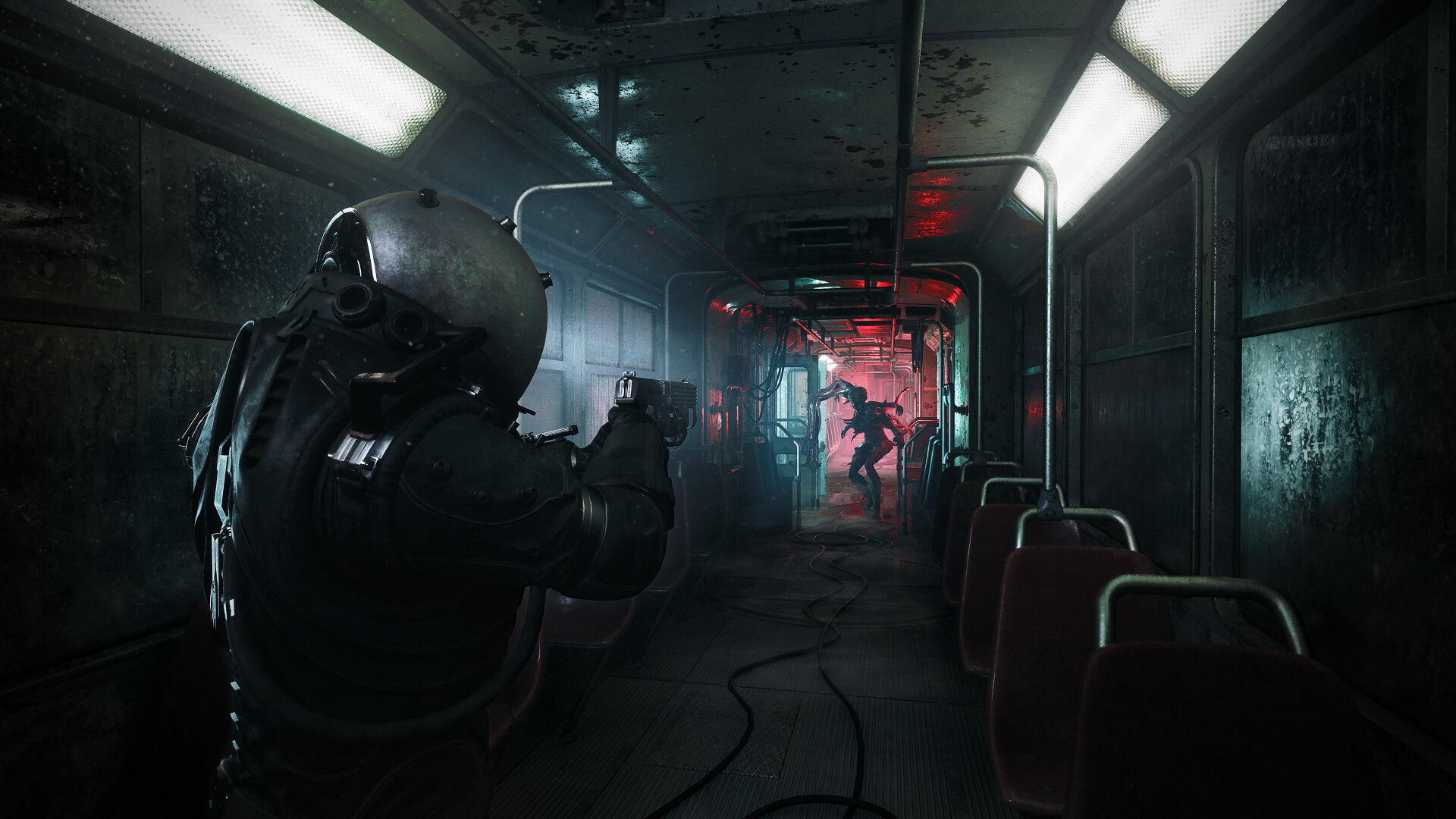
Kill 'em all
I soon grow accustomed to the Traveler's level-headedness, a possible byproduct of Cronos' opening scene, in which the Traveler seems dazed while completing a company-administered psych test. I answered free association questions for her – "Mother. Family. Eternity. Dark," I said to a series of indecipherable ink blots.
Now, presumably thanks to her conditioning and her discipline, the Traveler doesn't react to her primary enemy, the creatures I eventually learn are called Orphans. They remind me of Bloodborne's Orphan of Kos, who likewise moves with slimy desperation.
"I'm again struck by the fact that I am as horrified by its landscape as I find it cozily familiar."
No matter – our Traveler protagonist is confident in her job, so I become confident in assisting her, kicking caution aside to get into enemies' faces with my weapon, burning their bodies with explosives and abandoned gas canisters at the risk of spending the indeterminate next few minutes between this and whenever I reach a generous autosave point at critically low health.
It's worth it – if I spend a second feeling bad about all the corpses I'm torching without sparing so much as a Psalm or two, I risk my opponents "merging" into one strong, gummy Leviathan.
So I don't. I live fast and die… often. But even though I know the drill, nothing stops me from momentarily shooting six feet out of my chair when a spindly hand comes breaking through a locked door. Nie otwierać! said a sign a few 1,000 steps back, do not open!
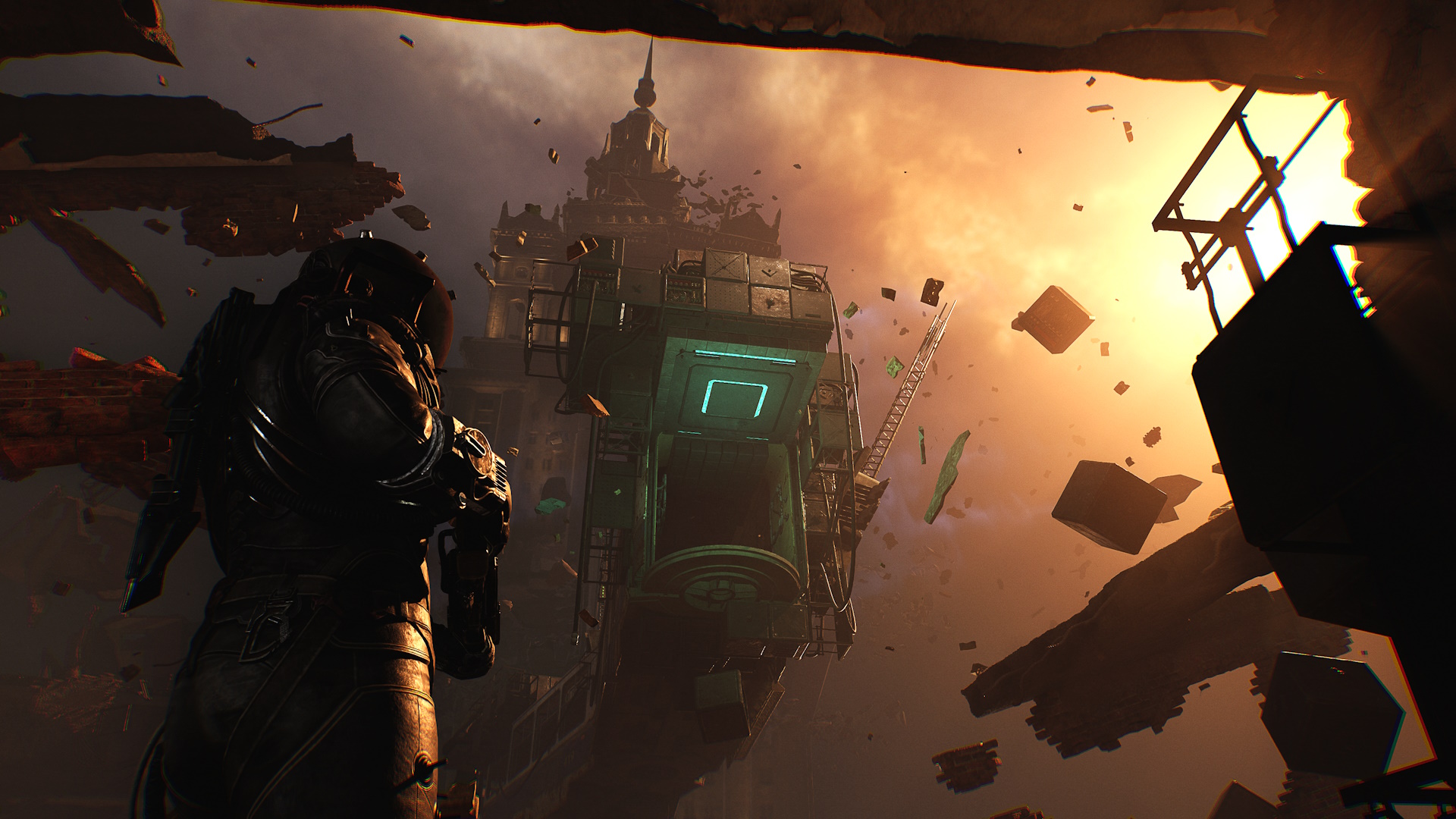
New Dawn
Using my pistol, whose bullets I can either scavenge or craft from nameless "chemicals," I aim at the thing's face, or what little I can see of it. The enemy is coated in Biomass, a stretchy, fleshy organic substance that coats many of Nowa Huta's walls and floors, and it twists around my adversary's limbs like an octopus that just inked.
Nonetheless, I dispatch the Orphan with my weapon – there are fewer visual cues to enemies' health than there are in Dead Space, where you can watch limbs fly off like shooting stars, but Orphans' tongue-pink color, ragdoll posture, and variation make me think of the Necromorphs from that 2008 game, too. My least favorite Orphans, I come to find, are the suicide bombers that crawl toward me so that they can burst into a puddle of corrosive, lime green goo.
In between hopping over acid pools and bulging Biomass, I complete environmental puzzles by resetting Time Oddities, denoted by swirling black holes. When I do, it's often the case that a bridge or walkway resets to how it was in the past, before the so-called Change came to turn the world into a crater of skin and ash.
I think I could live inside Cronos: The New Dawn. I'm again struck by the fact that I am as horrified by its landscape as I find it cozily familiar – I recognize it in my family's history and in my anxiety around my future.
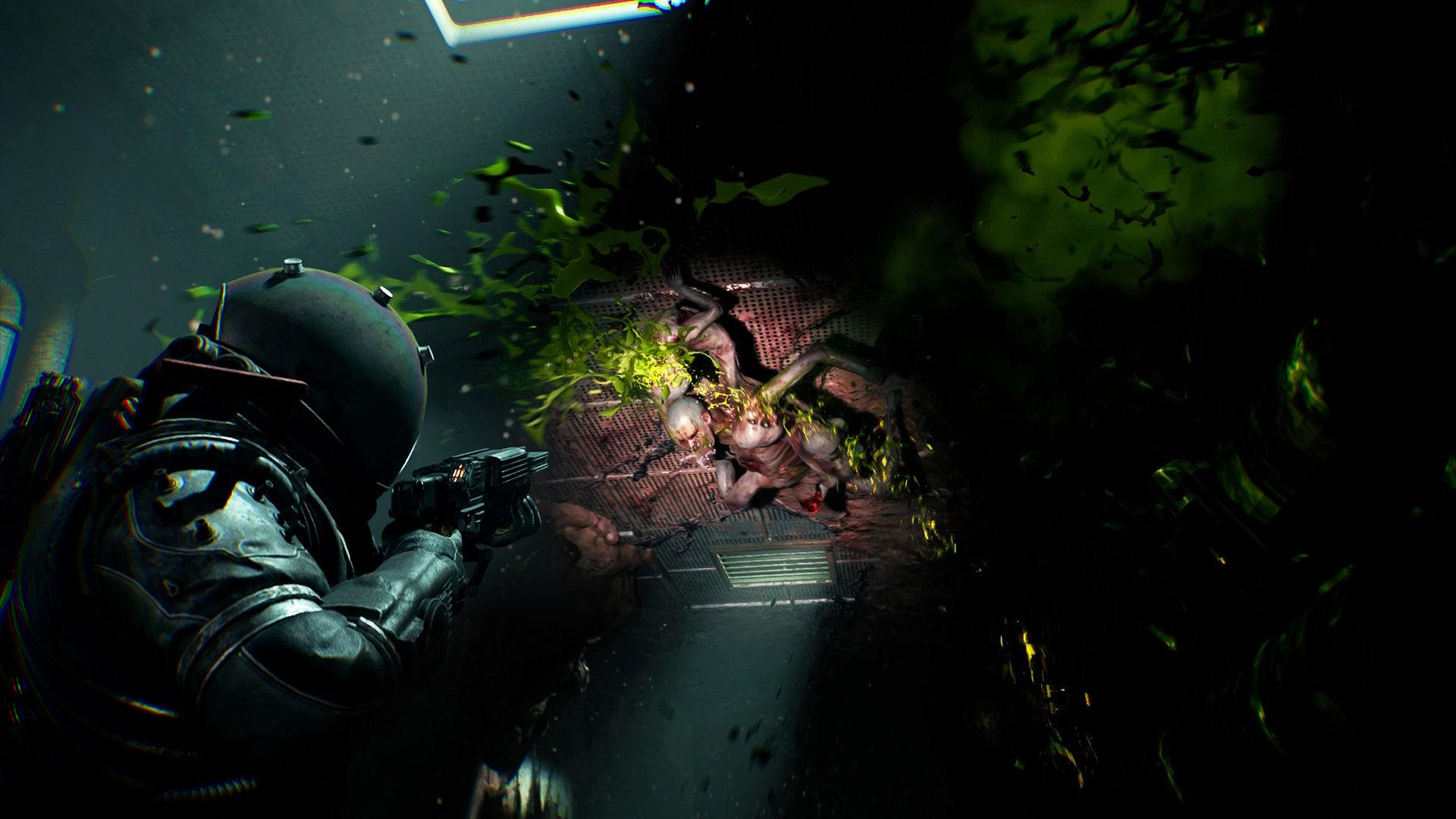
Image credit: Bloober Team
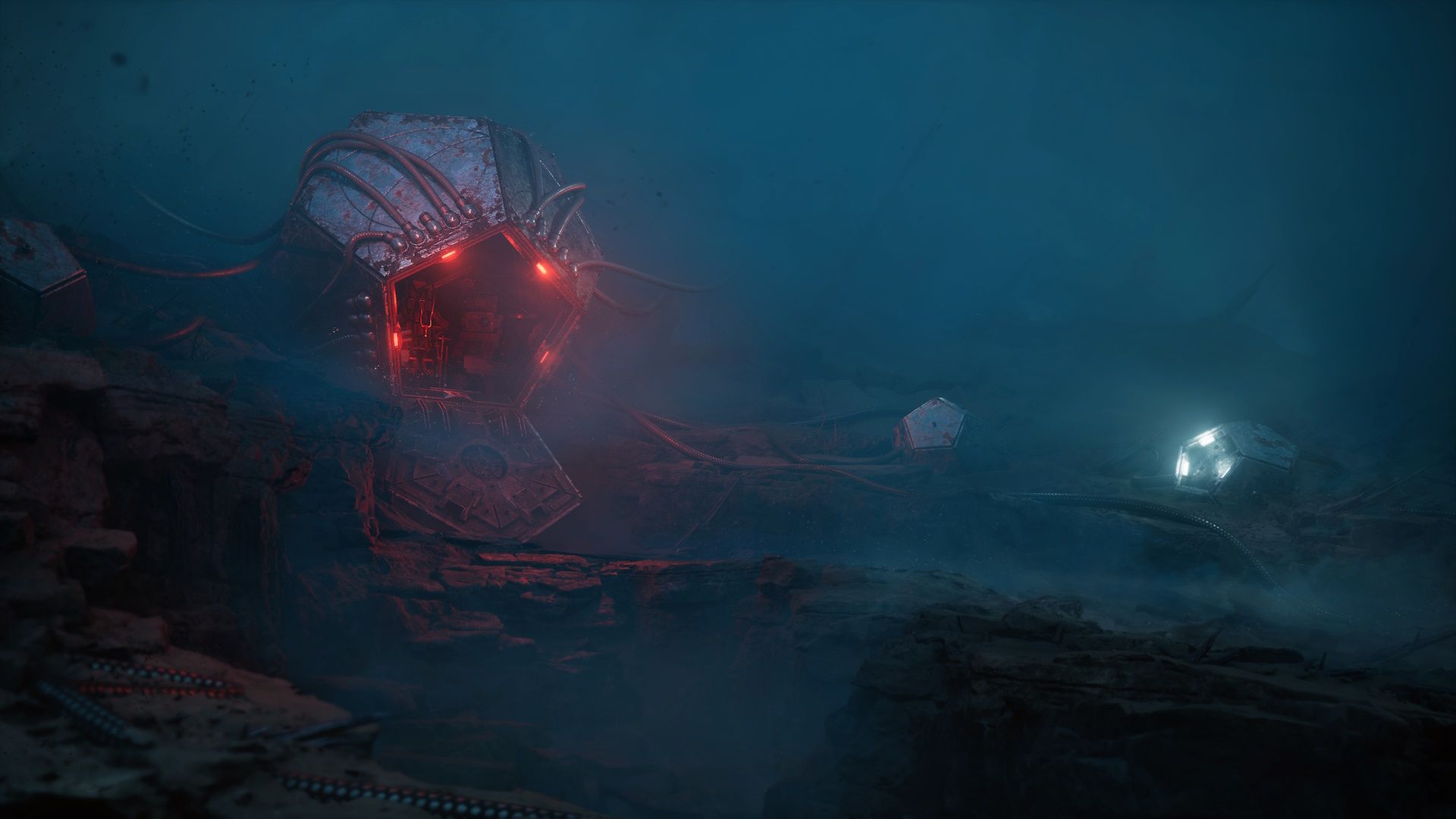
Image credit: Bloober Team
Nowa Huta is a police state past its prime, broken down by poverty, illness, and the unignorable hubris of the ruling class. I pick up my phone to check the news quickly. I find a note in a supply room in Cronos that asks me, "Did You Know? – That products still may be good after their expiration date? That being healthy doesn’t require meat in your diet?" Don't worry about it, don't think about it. But what if you need to?
"Some things were subconscious," Like says about Cronos: The New Dawn's story, "because you want to vent some things."
Staying vague, but touching on the Covid-19 pandemic that overlapped with Cronos' production, Like continues to explain that it was "kind of distressing, how the game became really relatable. When you create a story where there's totalitarian systems involved – many stories are metaphors. And Cronos does this on the other side, like, this is not a metaphor."
"People are strange when you're a stranger," sings Jim Morrison, "women seem wicked when you're unwanted / Streets are uneven when you're down." I think those words are true, in any country, in any dimension.
But then I feel the way I do playing the Cronos demo, thinking about my mother and my grandma's balcony, not too far away from the Black Sea. It's possible to be at peace and uncomfortable at the same time, and Cronos: The New Dawn seems to embody that delicate aspect of human nature to impressive effect.
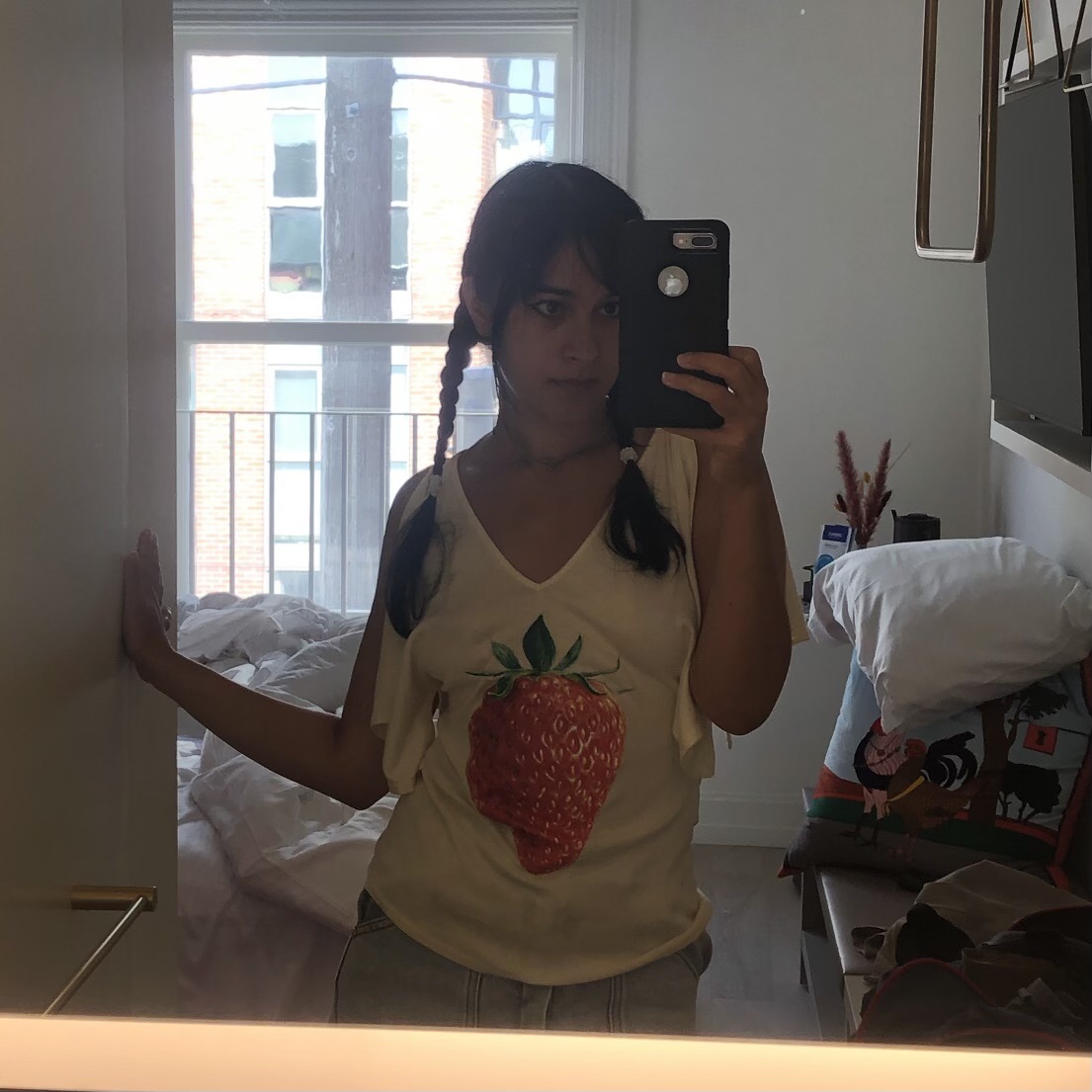
Ashley is a Senior Writer at GamesRadar+. She's been a staff writer at Kotaku and Inverse, too, and she's written freelance pieces about horror and women in games for sites like Rolling Stone, Vulture, IGN, and Polygon. When she's not covering gaming news, she's usually working on expanding her doll collection while watching Saw movies one through 11.
You must confirm your public display name before commenting
Please logout and then login again, you will then be prompted to enter your display name.
